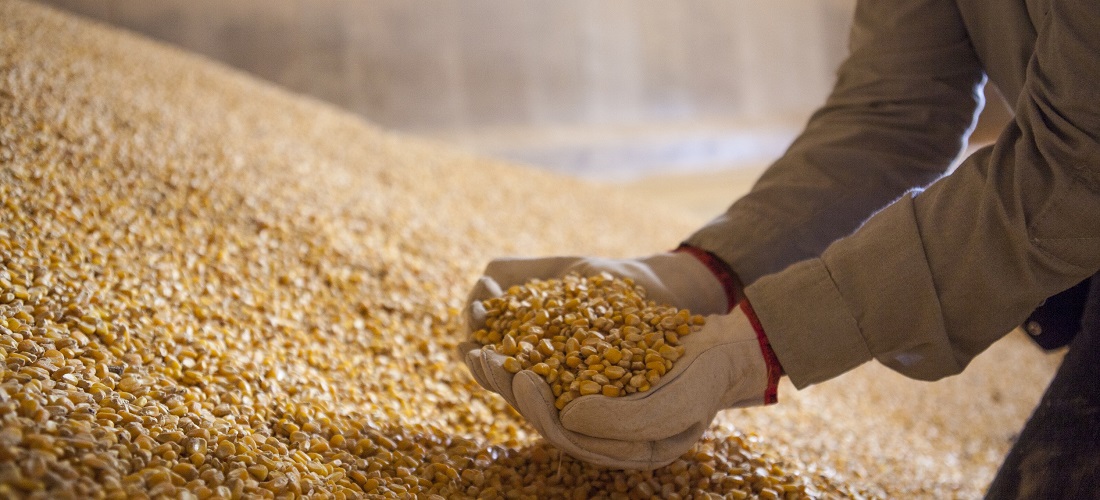
Corn Exports to Egypt Surge Over 170% in 2024
Jan, 16, 2025 Posted by Denise VileraWeek 202503
Brazilian corn exports to Egypt increased by 174.2% in 2024, reaching USD 1.103 billion. This performance positioned Egypt as the most significant global buyer of Brazilian corn. According to data from Agrostat (Ministry of Agriculture and Livestock) and ComexStat (Ministry of Development, Industry, Trade, and Services), corn sales were one of Brazil’s and Egypt’s main drivers of trade growth.
In 2024, Egypt imported USD 3.3 billion in agribusiness products from Brazil, marking a 91.4% increase compared to the previous year. The agribusiness sector accounted for 82.9% of all Brazilian exports to Egypt. Of this total, 33.3% were corn purchases (excluding seeds). Other notable products exported to Egypt included sugar and meat, especially beef, which recorded significant revenues.
On the other hand, Egypt exported USD 152.5 million worth of goods to Brazil, primarily horticultural and fruit products (such as preserved or frozen potatoes), frozen strawberries, and temporarily preserved olives.
When fertilizers are included in the calculation, Egypt’s total exports to Brazil reached USD 559.3 million, with USD 406.8 million specifically from fertilizers. Excluding this category, Brazil’s agribusiness trade surplus with Egypt in 2024 stood at USD 3.16 billion, representing a 92.3% increase compared to 2023.
The data also highlight the growing importance of Arab countries as destinations for Brazilian agribusiness exports. Six Arab nations rank among the top 25 markets for Brazilian agricultural products, collectively accounting for nearly 10% of the sector’s total exports. The United Arab Emirates and Egypt each represent 2% of the total, leading as the primary destinations. Other Arab countries on the list include Saudi Arabia (15th), Algeria (17th), Iraq (20th), and Morocco (25th).
This growth reflects the strengthening trade relations between Brazil and Egypt and the strategic role of Brazilian agribusiness in global supply chains.
-
Ports and Terminals
Feb, 27, 2024
0
Minister unveils port investment scheme for future years
-
Ports and Terminals
May, 18, 2021
0
Governor of Paraná signs concession for vehicle-handling area at the Port of Paranaguá
-
Shipping
May, 27, 2020
0
Barges able to navigate the Paraná river again, helped by Itaipu’s open spillway
-
Ports and Terminals
Apr, 14, 2022
0
Federal Revenue auditors’ protest harms agribusiness and industrial operations at ports


